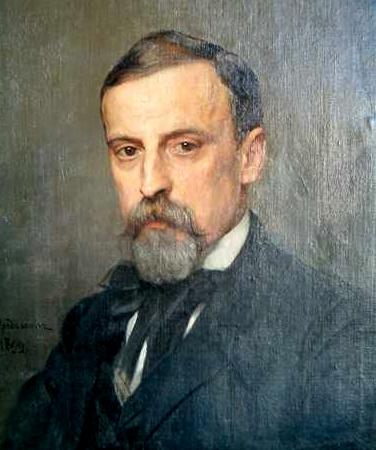
Quo Vadis
A Narrative of the Time of Nero
Versandkostenfrei!
Versandfertig in 1-2 Wochen
18,99 €
inkl. MwSt.

PAYBACK Punkte
9 °P sammeln!
Originally published in Polish in 1896 by Nobel Prize-winning author Henryk Sienkiewicz, "Quo Vadis: A Narrative of the Time of Nero" is the story of a love that develops in Rome between a young Christian woman, Lygia, and Marcus Vinicius, a Roman patrician, during the reign of Nero in 64 AD. The title "Quo Vadis" is translated from Latin as "Where are you going?" The quote is a reference to the New Testament verse John 13:36, which states "Simon Peter said unto him, Lord, whither goest thou? Jesus answered him, Whither I go, thou canst not follow me now; but thou shalt follow me afterwards." ...
Originally published in Polish in 1896 by Nobel Prize-winning author Henryk Sienkiewicz, "Quo Vadis: A Narrative of the Time of Nero" is the story of a love that develops in Rome between a young Christian woman, Lygia, and Marcus Vinicius, a Roman patrician, during the reign of Nero in 64 AD. The title "Quo Vadis" is translated from Latin as "Where are you going?" The quote is a reference to the New Testament verse John 13:36, which states "Simon Peter said unto him, Lord, whither goest thou? Jesus answered him, Whither I go, thou canst not follow me now; but thou shalt follow me afterwards." Sienkiewicz exhaustively researched the Roman Empire and the result is an incredibly detailed and believable story. The novel is one of contrasts: the violence of ancient Rome and its gladiators contrasted with the sweet and touching love story between Marcus and Lygia, and the contrast between the piety, poverty, and spirituality of the early Christians with the decadence and waste of Nero and his court. "Quo Vadis: A Narrative of the Time of Nero" is a captivating and timeless tale of love and devotion amid violence and ruin. This edition is printed on premium acid-free paper.















